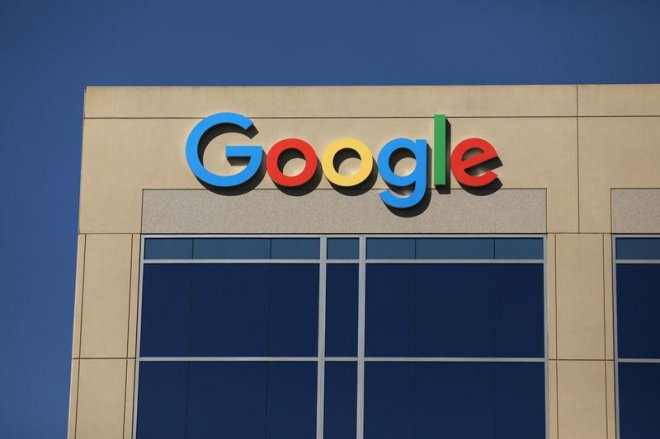
The world's biggest search engine Google has something to worry about and no, that has got nothing to do with China.
The Republican attorney general of Missouri Josh Hawley has launched an investigation into Google's business practices.
"There is strong reason to believe that Google has not been acting with the best interest of Missourians in mind," Republican attorney general Hawley said in a statement on November 13.
Hawley plans to look into whether Google is using its dominance in the search business to harm companies in other markets where Google competes.
And Silicon Valley venture capitalist and PayPal co-founder Peter Thiel is supporting Hawley's campaign. Thiel, an early investor in Facebook Inc. and a board member, has criticized Google for years.
Thiel made a $100,000 contribution in 2015 to Hawley for the attorney general race, and gave two more $100,000 donations in 2016, according to Missouri state campaign finance filings. Hawley won the election and was sworn in on January 9, 2017.
Thiel gave $300,000 to a political campaign of Hawley probing into Google for favoring its own products in search results.
Hawley is not the only state attorney general to have investigated Google over antitrust concerns. Former Texas Attorney General Greg Abbott began investigating Google in 2010. In 2013, Thiel donated $100,000 to Abbott, according to the National Institute on Money in State Politics.
However, this is not the first-time Google's business practices have come into question. In June, the European Union issued Google a record $2.7 billion antitrust fine. Then, in July, the Electronic Privacy Information Center filed a complaint with the Federal Trade Commission regarding a Google program that tracks consumer behavior.
In addition to online users' location, device information, cookie data, online queries, and website history, it is estimated that Google has access to 70 percent of all card transactions in the United States.
"When a company has access to as much consumer information as Google does, it's my duty to ensure they are using it appropriately," Hawley said.









